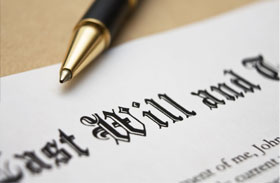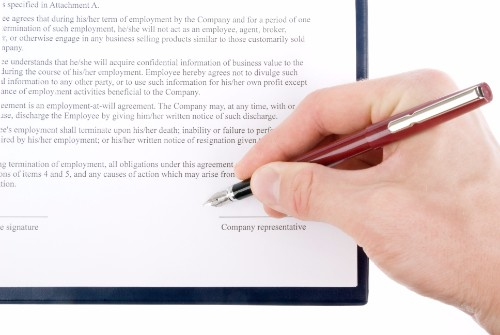How to Contest a Will
Download Our Free Estate Planning Guide- The complexity of the probate process causes many people to ask how they can avoid it.
- Executing a will at a lawyer’s office ensures that it meets the requirements of a good will. A will must be signed in front of two witnesses by the person making it, and that person must be competent and free of undue influences.
- Once signed and witnessed, the document purports to be a will, but is designated a valid will only after the surrogate court judge determines that it is valid and appoints the executor in charge.
- Distributees and/or people who are adversely affected can contest a will. The critical point is to ensure that proper notice is given to all individuals who can contest it based on a few specific grounds.
- It is very difficult to contest a properly created will where witnesses were present at the signing. Because of that, very few attorney-drawn wills are overturned.
Guardianship for Minor Children: Addressing Your Concerns in Your Will in Amherst
Ensuring the well-being and future of your children is a top priority for every parent. [...]
No-Contest Clauses: Can They Prevent Will Challenges in Wyoming County, New York?
In the realm of estate planning and will creation, individuals seek to ensure that their [...]
Understanding the Basics: What Is a Will and Why Do You Need One in Buffalo, New York?
Life is unpredictable, and it’s essential to be prepared for the future, especially when it [...]



